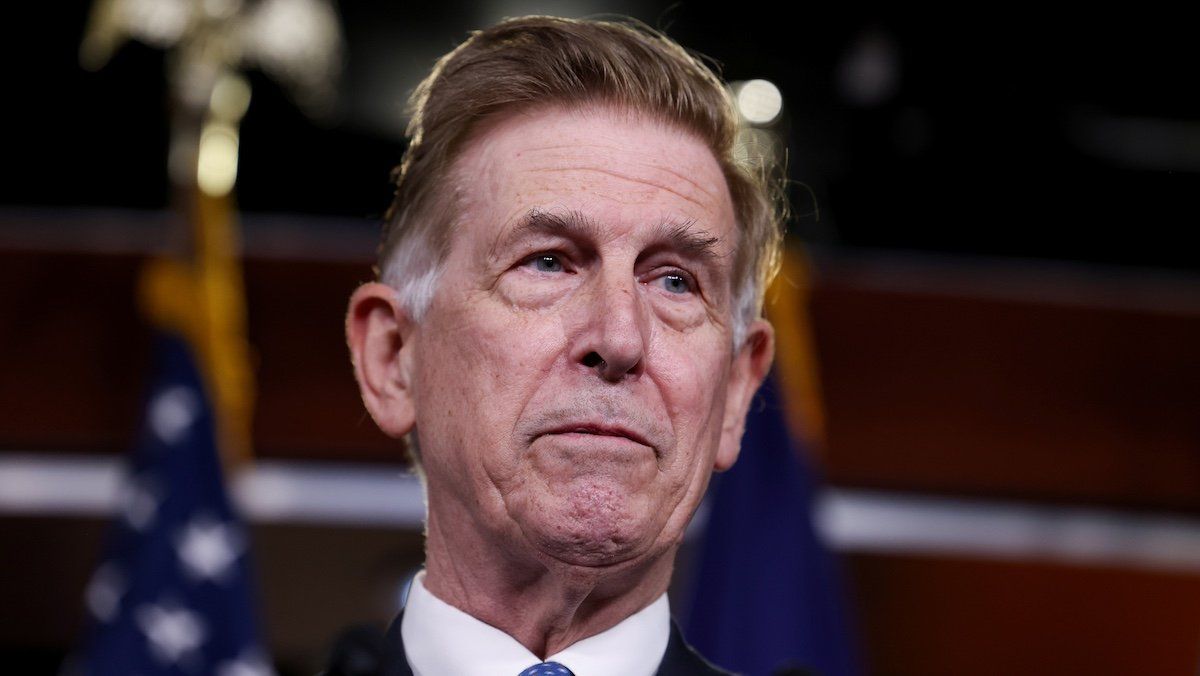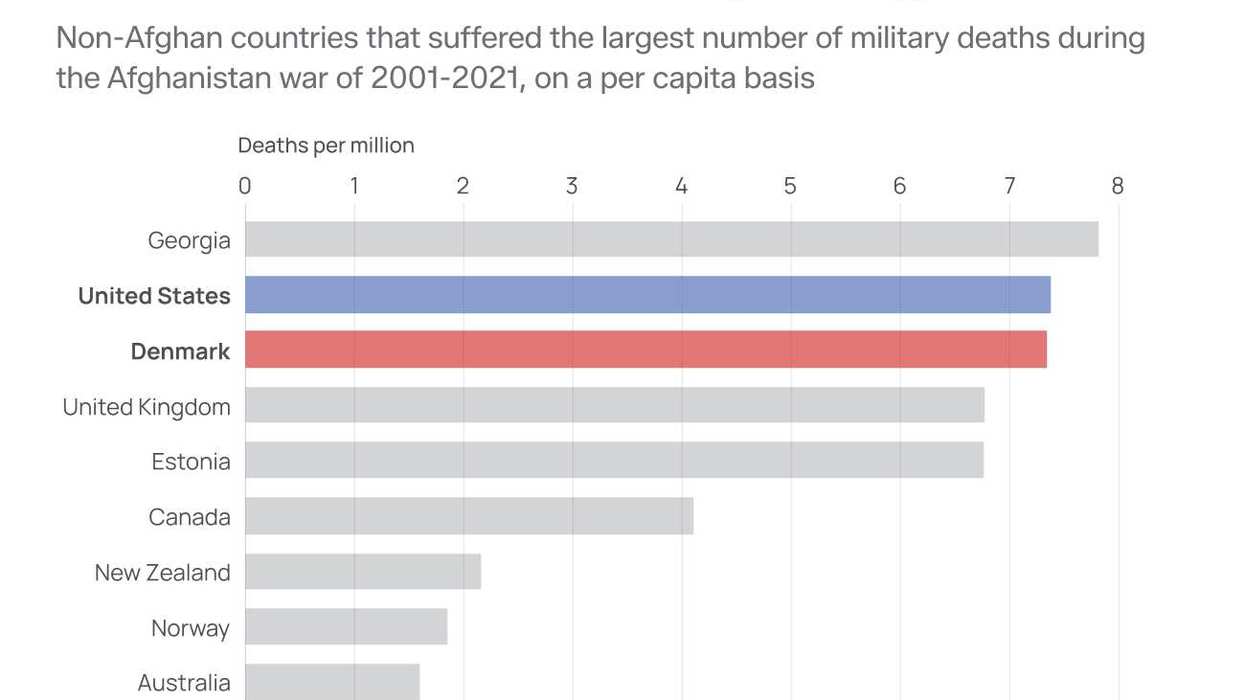Rep. Don Beyer, a 73-year-old car dealership owner-turned-politician, is not your typical grad student. A Democrat who served as Virginia’s lieutenant governor in the 1990s and an ambassador during the Obama administration before getting elected to Congress in 2015, Beyer decided to go back to school in 2022 to pursue a master’s degree in machine learning at George Mason University.
Since then, Beyer has served as vice chair of the Congressional Artificial Intelligence Caucus and introduced a bill to provide transparency into the development of so-called foundation models.
GZERO spoke with Beyer about his studies, his concerns and hopes for the technology, and whether the US will catch up to Europe in regulating AI.
GZERO: Was there a specific moment when you realized that you were unprepared for the challenge of artificial intelligence and wanted to learn more? Why did you feel you needed to take the step of actually enrolling in a master’s program to get the education you needed?
Beyer: I was interested in AI long before I knew what it was that I was interested in, and this goes back a long time, to the early 1980s. I had read and heard several compelling discussions of the topic and got interested in pattern recognition and using technology and deep learning to make sense of big data sets. Going back to school arose first from opportunity, having a good school nearby that offered the coursework to finally tackle something that had interested me for a long time. I wasn’t sure it would work, but I have no regrets at all. And then part way through my course of study, it suddenly became a much bigger topic for the country and the Congress.
How have your professors and classmates reacted to having a sitting congressman in class?
Many of my classmates are unaware, which is just fine with me. Those who know have been tolerant and kind. I am just another student.
What are you learning in your classes?
Mostly math and coding, so far.
Do you feel more prepared to legislate around AI because of this education?
Yes, much more so. Even though I’m not a fully trained computer scientist, I at least have more than a generalist’s understanding of neural networks, large databases, the predictive and generative uses of computer science, and so on.
What are you most concerned about with the rise of artificial intelligence? What are you most excited about?
The big concerns in the short run for me are deepfakes, misinformation, and economic disruptions from job displacement. But there are very exciting prospects in areas like health care, scientific research, management and workflow, productivity, and much more.
Europe just passed the AI Act. Are you optimistic that Congress can pass comprehensive AI regulations anytime soon?
Congress is more likely to take an incremental than a comprehensive approach, at least in the near term, to solve specific problems rather than attempting a large overarching regulation like what the EU did. But we are working on legislation right now with every intention to pass laws.
Anything else you want to leave us with?
Most people associate Congress with chaos, dysfunction, and partisanship, but those of us working on AI have a refreshingly cooperative and collaborative spirit. This is important to get right. Few things have greater potential to change all our lives and the lives of future generations.


















